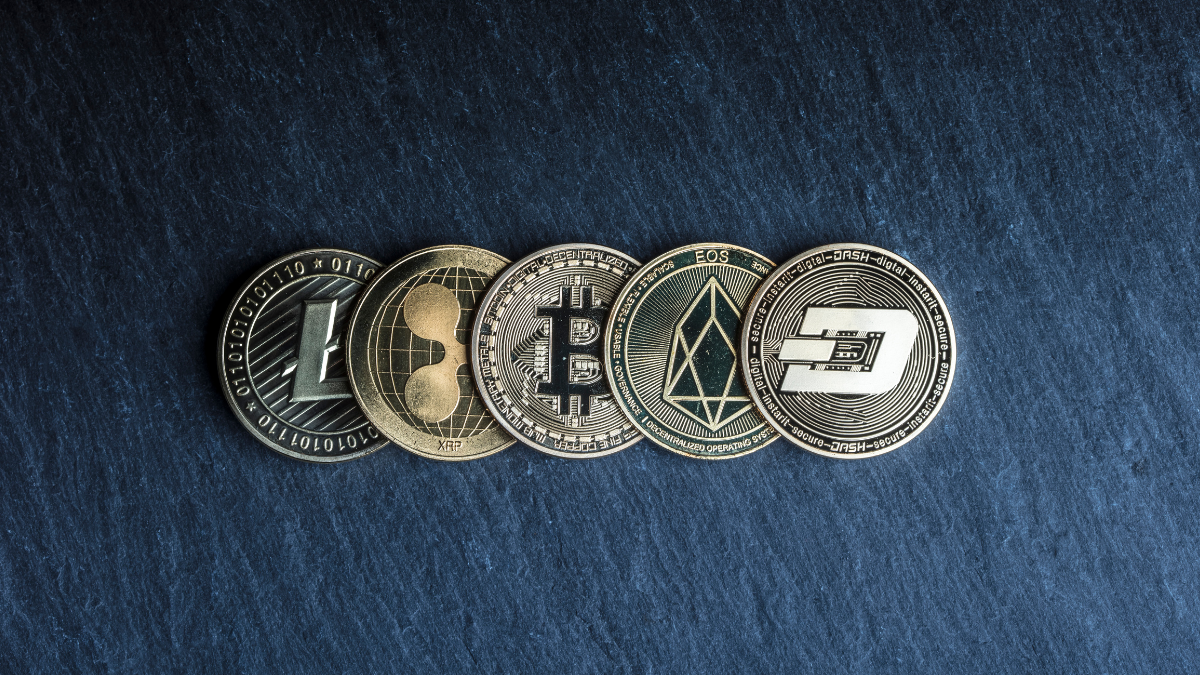
After several postponements, more recently last week, the Brazilian Senate approved a Bill focused on crypto regulation. The project approved today (27)sets out guidelines for the “provision of virtual asset services” and for the operation of companies that provide these services.
The proposal, authored by senator Flávio Arns, now has to be approved by the Lower House of Congress then sanctioned by the president.
Among the actions provided for in the bill is the appointment of a federal public body to authorize and supervise cryptocurrency service providers – brokers, cryptocurrency exchanges and other companies providing services related to bitcoin and other digital currencies.
According to market sources, Brazil’s Central Bank will probably have the task of overseeing the sector, which will also be under the supervision of the Securities and Exchange Commission (CVM), which is already the sheriff of the stock market and investment funds.
Among the guidelines crypto players will have to follow is the obligation to control and segregate their clients’ resources. Authorized operators will also have to follow best governance practices, adopt a risk-based approach, protect customer data and employ policies to prevent money laundering, concealment of assets and potential criminal activites.
The project also provides for the inclusion in the Criminal Code of a specific type of crime relating to irregularities regarding cryptocurrencies, with jail sentences ranging between 4 and 8 years.
Despite the recent move towards regulating cryptocurrencies, Brazil’s project left out other crypto assets, such as NFTs (Non Fungible-Tokens). According to Agencia Brasil, NFTs may be regulated by the Executive in an act subsequent to the approval of the bill.
Good or bad thing?
The regulation of cryptocurrencies is Brazil follows similar moves seen in other markets. In the US, the Government is also discussing possible ways to regulate the sector, in order to increase the financial security of citizens and also the security of the dollar itself, preventing potential crimes and reinforcing the stability of the segment.
According to analysts, greater regulation can generate more interest from investors, who will be more confident about placing their money in crypto products. In addition, it can increase trust within the general public, even if it is a very volatile market.
For David Gobaud, founder and president of crypto fintech Passfolio, regulation is a good thing. “People want clarity. Especially in the US. The most advanced companies do not allow US citizens to use their services because regulation does not allow it. It doesn’t help to just leave it undefined and then you don’t know what’s going on. The rules are evolving in the US and around the world and this will help the market evolve,” he said.
On the other hand, purists think that regulation represents the complete opposite of what cryptocurrencies and blockchain want to promote: a decentralized financial ecosystem without interference from governments or large organizations.
In addition, alarmists believe that regulation can get in the way of of innovation in the cryptocurrency and digital assets industry, resulting in a loss of value for the market in the short and medium term.
Anyway, in order to answer these questions, we will keep an eye on the upcoming chapters of this unfolding story.







